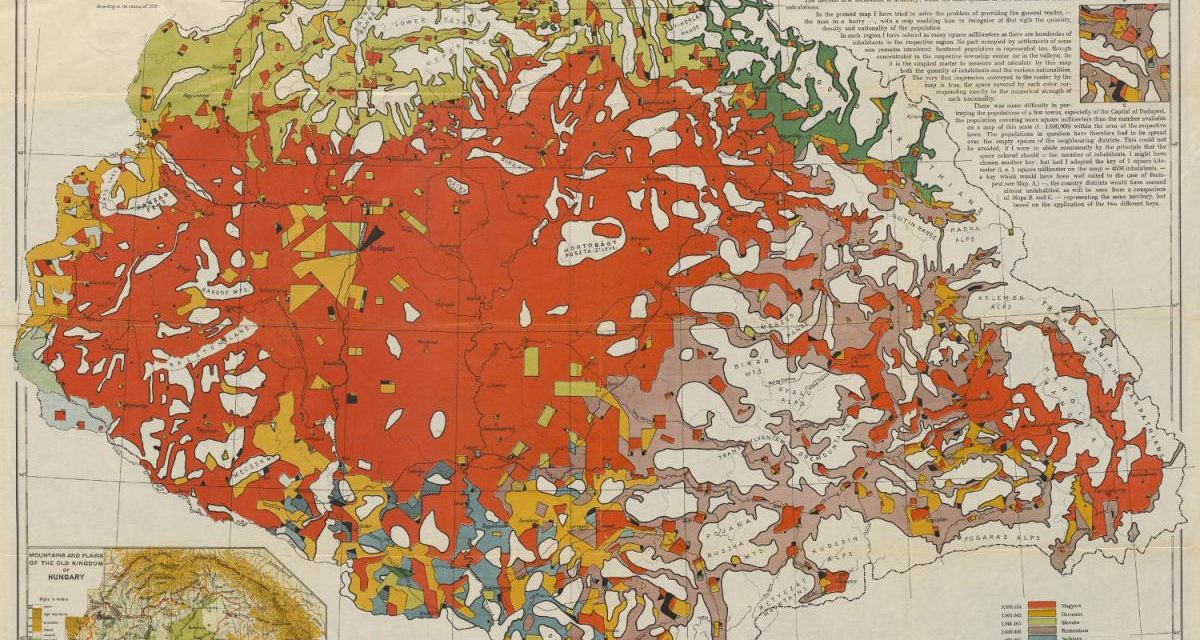the portal Felvidék.ma, as well as in other Hungarian-language media in Slovakia, on March 18, a news item was published, according to which several citizens are not clear about the difference between the concepts of "nationality" and "citizenship" in connection with the current Slovak census.
However, this is an extremely important question from the point of view of the survival of Hungarians in the highlands. Several say that four hundred thousand people is the psychological limit, and a number below this can be a serious demoralizing factor in nationality politics. The publication written by Katalin Szili and Ferenc Kalmár presented recently in the columns of Felvidék.ma In the relevant section, the following is written:
"Citizenship can be separated from national identity, in other words, citizenship does not necessarily follow belonging to the nation.
It can be stated that within the EU, citizenship and national belonging cannot be opposing concepts that generate hostility, given the common interests and values.
The powers of the time expected, and some of them still expect, that the identity of the national communities living in their territory automatically follows citizenship. In other words, the citizen must conform to the self-identity of the majority society, even if he belongs to a national minority. Serious tensions have arisen and are arising from this, which are not only a source of conflict between the majority and minority, but also threaten the peace and stability of Europe."
The concepts of nationality and citizenship are mixed throughout Europe. We often encounter the problem that highlights the difficulty of distinguishing them. With our Hungarian compatriots in Slovakia, as well as in Romania, Ukraine, Serbia, Croatia and Slovenia, the historical processes made them understand the difference between these two concepts, since they are loyal citizens of their countries, along with the fact that their identity is Hungarian.
"Pregnant proof of the necessity of this item is Transcarpathia, which belongs to the current Ukraine, where, due to the change of borders, it would have been necessary to change identities at least five times in one murder, given that the borders changed so many times over the heads of the people living there."
In other words: citizenship means the relationship between a given state and the individual – the citizen – and nationality expresses belonging to a given linguistic, cultural and religious community. Nationality as a community means a community belonging to a different nation than the majority nation of the country, which lives in the given country thanks to historical processes.
Source: Felvidék.ma












